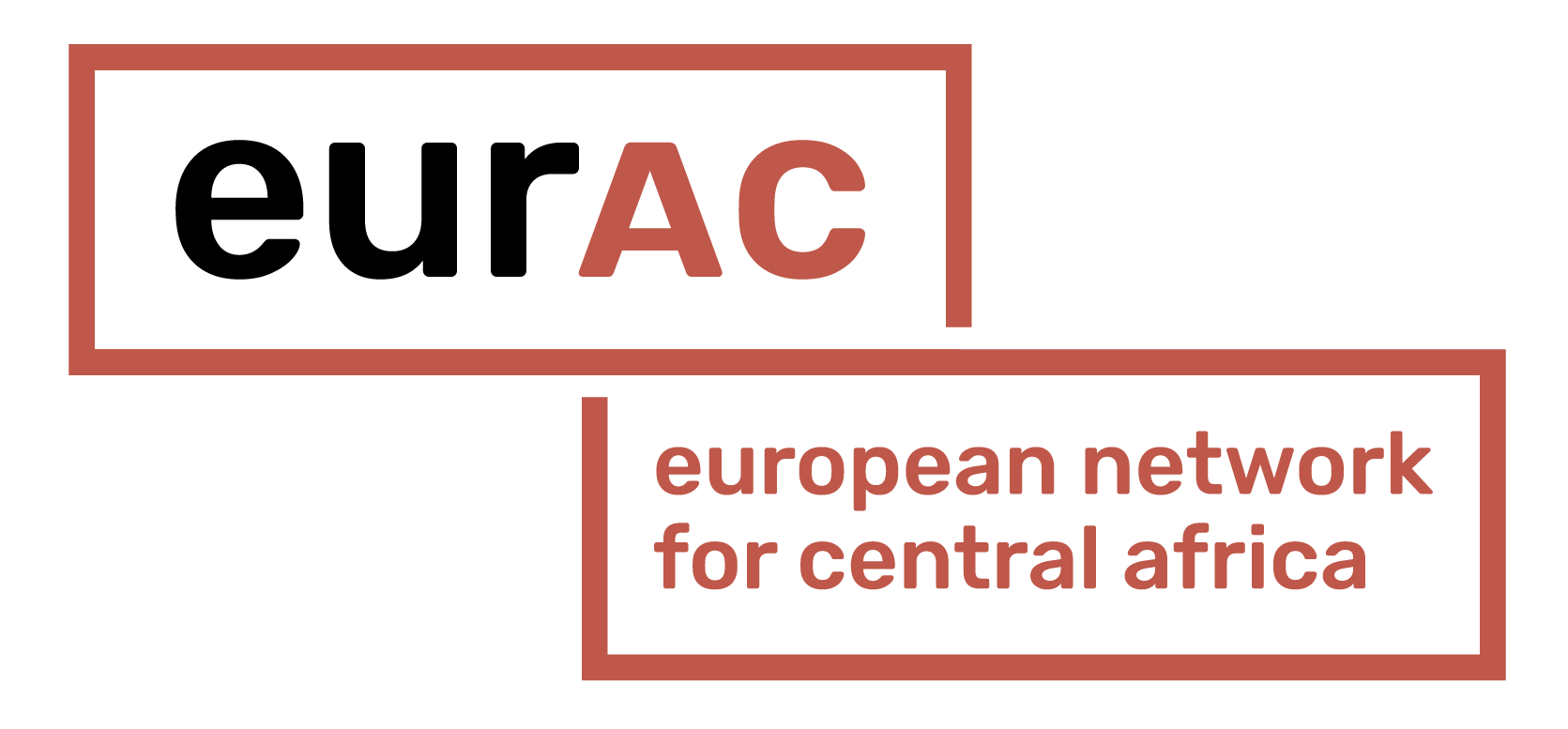NOUVEAU RAPPORT - Terre, développement et conflits dans la région des Grands Lacs. Pour un engagement renforcé de l’UE et de la Suisse dans le domaine foncier au Rwanda, au Burundi et en RDC (en anglais)
PRESS RELEASE
7 December 2017
In its new report Land, development and conflict in the Great Lakes region: Towards a renewed EU and Switzerland engagement for equitable land management in Burundi, the Democratic Republic of Congo and Rwanda launched today on the occasion of the public conference organised at the European Parliament on the same theme, the European Network for Central Africa (EurAc) provides a thorough analysis based on an extensive field research in the three Great Lakes countries and presents practical recommendations to the European Union (EU) and its member states, as well as to Switzerland, for an enhanced engagement of the international community with land governance that contributes to peace, stability and the protection of local populations’ economic and human rights.
Indeed, the Great Lakes region is one of the most densely populated regions on the African continent, and one that has seen a high level of violent conflict over the past thirty years. Issues of land tenure are often at the roots of local conflicts and they are pivotal for economic activities, as recognized by the Arusha Agreements that signalled the end of the conflicts in the DRC, Rwanda and Burundi.
In the DRC, land is the main source of income for the population engaging in either farming or extractive activities. The richness in minerals of the Congolese soil often means that predatory behaviour by international mining firms and local and national elites results in the unjust dispossession and displacement of local populations. Often heralded as the model for the region and for developing countries, the Rwandan model also offers windows of opportunities for abuse of local communities’ land rights by powerful elites and has done little to address deeply-rooted land conflicts. In Burundi, the reform of land tenure administration has failed in delivering tenure security to land users, while also allowing local and national authorities to exploit the system for their own advantages.
To address land tenure insecurity, the EU and its Directorate General for international cooperation (DEVCO) have been at the forefront to popularize Voluntary Guidelines on the Responsible Governance of Tenure of Land, Fisheries and Forests adopted by the Food and Agriculture Organisation (FAO) in 2012 which have quickly become the international standard for responsible land investments. Nonetheless, there is a contradiction between the practices of both the European Development aid and of European investors vis-à-vis the EU engagement for the Guidelines.
“The EU and its member states must recognize the importance of the Voluntary Guidelines and consistently integrate them both within European development aid projects and as a standard for European private investors” said Giuseppe Cioffo, Programme and Policy officer at EurAc. “This is particularly important for the Great Lakes region where the EU and its member states must take their commitment to equitable land management seriously and start acting to protect the rights of local communities”.
Therefore, EurAc calls for a renewed engagement of the EU, its member states and Switzerland for securing the rights of land users in Rwanda, Burundi and the DRC. To do this, the EU must move away from a market-oriented approach to land tenure to a right-based approach that can effectively protect the rights of local communities and especially those of vulnerable groups such as women and indigenous people. In practice, this means strengthening the new system of land registration in Rwanda so to making sure that it works for the poorest and more marginalized group; accompanying Burundian civil society in their efforts in community land management and supporting the multiple initiatives from civil society in the DRC to secure their customary right and to advocate for equitable land reform.
To read the full report “Land, development and conflict in the Great Lakes region: Towards a renewed EU and Switzerland engagement for equitable land management in Burundi, the Democratic Republic of Congo and Rwanda” and EurAc' s main recommendations to the European Union, please click HERE.
Spokespersons are available for interviews.
For media request and/or more information please contact:
Julie Capoulade - Communications & Advocacy Officer - EurAc
Office: +32 2 725 47 70 // Mobile: +32 499 81 01 77 // julie.capoulade@eurac-network.org
Note to editors:
This conference and report are part of a project of EurAc commissioned by some of its member organisations (CCFD, Fastenopfer, HEKS/EPER, Commission Justice & Paix, Broederlijk Delen, Entraide & Fraternité).
EurAc is a network of 39 European NGOs working in and on the Great Lakes region in Africa. EurAc’s mission is to advocate for policies from the European Union and its member states that promote security, democracy, human rights and the sustainable management of natural resources in Burundi, Rwanda and the Democratic Republic of Congo. EurAc was founded in 2003, more details at www.eurac-network.org.

